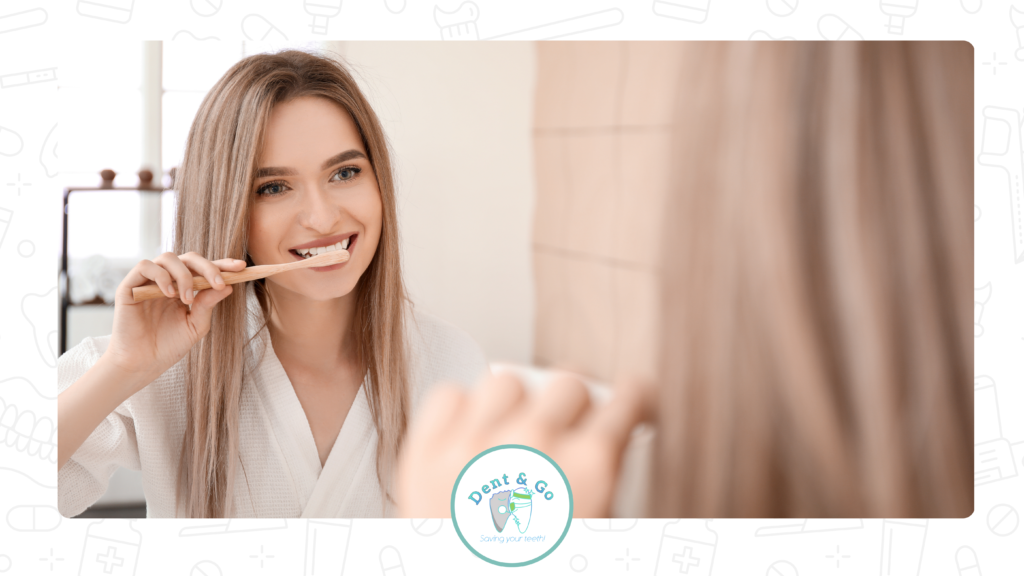Shining teeth are a sign of excellent oral health in addition to improving our look. More than simply routine brushing is needed to achieve and sustain this ideal; a thorough and reliable dental routine is needed. In order to help you create and maintain your perfect dental routine for a lifetime of healthy teeth, we will explore the essential components of improving oral hygiene in this post.
Brushing Methods: The Basis for Dental Health
Start with the fundamentals: brushing. Plaque removal and cavity prevention are mostly dependent on using the best brushing techniques. Select fluoride toothpaste and a toothbrush with gentle bristles. Make sure to brush all of your teeth’s surfaces with gentle, circular movements while at a 45-degree angle.
Flossing: The Frequently Neglected Superhero
One important, but frequently disregarded, aspect of dental hygiene is flossing. The National Health Service (NHS) emphasises the importance of flossing in reaching tight spaces between teeth, areas where a toothbrush may struggle to go. Make flossing a daily habit to remove plaque and debris, promoting healthier gums and preventing gum disease. Select a dental floss type that suits your preference to make it an enjoyable part of your routine.
Mouthwash: Boosting Protection and Freshness
The National Health Service (NHS) acknowledges that using a mouthwash with fluoride can help prevent tooth decay. However, even fluoride mouthwash should not be used immediately after brushing your teeth as this can wash away the concentrated fluoride that toothpaste left on your teeth. Pick another time to use mouthwash, like just after lunch. 30 minutes should pass between using a fluoride mouthwash and eating or drinking. Find out which mouthwash best suits your needs by speaking with your dentist.
Frequent Dental Exams: Expert Supervision
A dental checkup is a necessary part of any oral health routine. Make an appointment for check-ups for expert cleanings and checks at least twice a year. In addition to giving you individualised guidance for your oral health, your dentist can identify possible problems early on and treat them. These consultations are essential to maintaining your ideal dental schedule.
Positive Lifestyle Choices: Effects on Dental Health
In addition to improving your general health, a healthy diet helps you keep your teeth strong. Restrict your intake of sugary snacks and drinks because they can cause dental damage. Drink plenty of water to help wash away bacteria and food particles. Furthermore, stay away from smoke and heavy alcohol use as they might be detrimental to your oral health.
Continually Change Your Dental Tools
Replacing your toothbrush, floss, and other dental instruments on a regular basis is crucial to maintaining an efficient oral hygiene regimen. Toothweary toothbrushes are less effective in cleaning, and dental floss that is too old may fray. Replace your toothbrush at least once every three to four months, and floss your teeth often.
A comprehensive approach to daily care and routine expert supervision are necessary for optimal oral hygiene. You may create and maintain your ideal dental routine with mouthwash, regular dental check-ups, consistent flossing, effective brushing techniques, and healthy living behaviours. Recall that having a healthy smile is an investment in your wellbeing that will pay off for years to come. All it takes is commitment to maintain good dental health.

